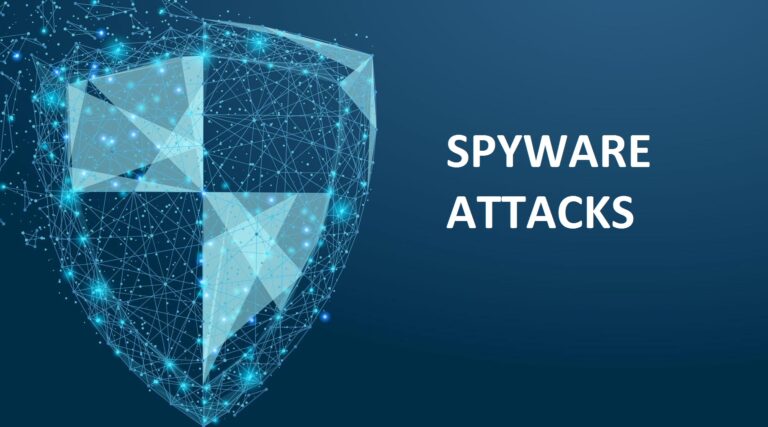Nowadays, it’s a challenge to protect your system from the worst spyware threats. It makes sense to assume that the chances of securing your network mainly depend on your knowledge and understanding of the field.
” Spyware is not something to play with it or to take it easy. Each year, it costs Corporations and individuals Millions of Dollars.”
We use spyware to monitor the things you get up to while online to steal sensitive data, like your credit card details, or to wreak havoc on your machine. If anything, knowing a thing or two about the various spyware threats, will help.
List of Top 12 Spyware Attacks:
1. Gator [GAIN]
Gator is an adware program designed to display advertisements on your system based on your surfing interests. Gator usually comes with other free software tools, like P2P tools, etc.
2. Zlob
This particular Trojan horse virus is capable of installing malicious software into your system without your knowledge.
It works by operating in the background of your system so that it can carry out its specific task(s) covertly. Zlob does tend to consume a considerable amount of system resources, however, and it spreads by attaching itself to emails.
3. CoolWebSearch
When it comes to browser hijackers, CoolWebSearch has to be one of the most notable. It is a specialized program that redirects one’s browser to either datanotary.com or coolwebsearch.com
Removing the hijacker from your browser can be a reasonably tricky task. For this reason, you should take the help of an expert if your system caught with this virus.
4. Huntbar
Huntbar is just another small piece of code. Huntbar works by installing itself as a toolbar to your web browser and Windows Explorer.
” Huntbar proceeds to change your search settings and Home Page, pointing them individually to their own Servers Systems.”
If you intently use some other search engine, Huntbar will redirect your browser to theirs. It also consumes a considerable amount of system resources, so that’s another thing to consider.
5. 180search Assistant
180search Assistant is nothing but an adware program that displays target ads on user systems based on user behaviour.
Whenever an end-user attempt to visit a website or uses the search engine, a popup window will appear, displaying an advertisement that is typically related to the search query or website the end-user is visiting.
6. Trojan Ace X
This spyware program grants a hacker remote access to your system so that he/she can break into it, irrespective of where they are in the world.
Once they have broken into your system, they can then proceed to alter settings, configuration data, and the like.
7. Areses
This Trojan horse virus is typically an email attachment or program that will immediately install itself on a system without the end-users acknowledgement.
In some sense, the objective of this virus is different from another adware program, but its ultimate goal is consistent, as it attempts to provide the hacker with remote access to your system files.
8. WhenU-DesktopBar
This particular adware program is known to carry out a great many tasks, from displaying targeted advertisements, to monitoring the things you upload and download while on the internet.
This program is also known to collect search profiles and remotely update itself. Special offers displayed by this tool vary, depending on your search habits, but they can include standard adverts or coupons.
9. Bargain Buddy
This tool was created and distributed by BullzEye, and at a time, used to be fairly widespread.
It works by setting up a BHO or Browser Helper Object, then monitoring system usage. Once it’s accumulated sufficient data, it then proceeds to push advertisements on your system.
10. IEPlugin
As implied by its name, it works by installing a toolbar into Internet Explorer. From there, it’s able to monitor your usage, form items (such as your address, name, and other details), and the many filenames that you may have browsed. It’s a very invasive program that has to be uninstalled as soon as.
11. Bzub
Bzub is nothing but a combination of two viruses in one that works to combine both an internet phishing threat and a Trojan horse virus.
Bzub makes it highly efficient at harvesting your details, such as credit card details, passwords, usernames, social security numbers, your name, and so much more. Bzub allows hackers to do illegal things.
12. Trojan.Gen
Trojan.Gen is a generic term used to classify all suspicious programs that could infiltrate your system.
Such Trojans should always uninstall immediately, if possible, this is because such virus files, which provide hackers with your confidential data while installing unsolicited applications on it.
— Uchenna Ani-Okoye is a former IT Manager who now runs his own computer support website
Also, Read Security Technology Trends 2020










